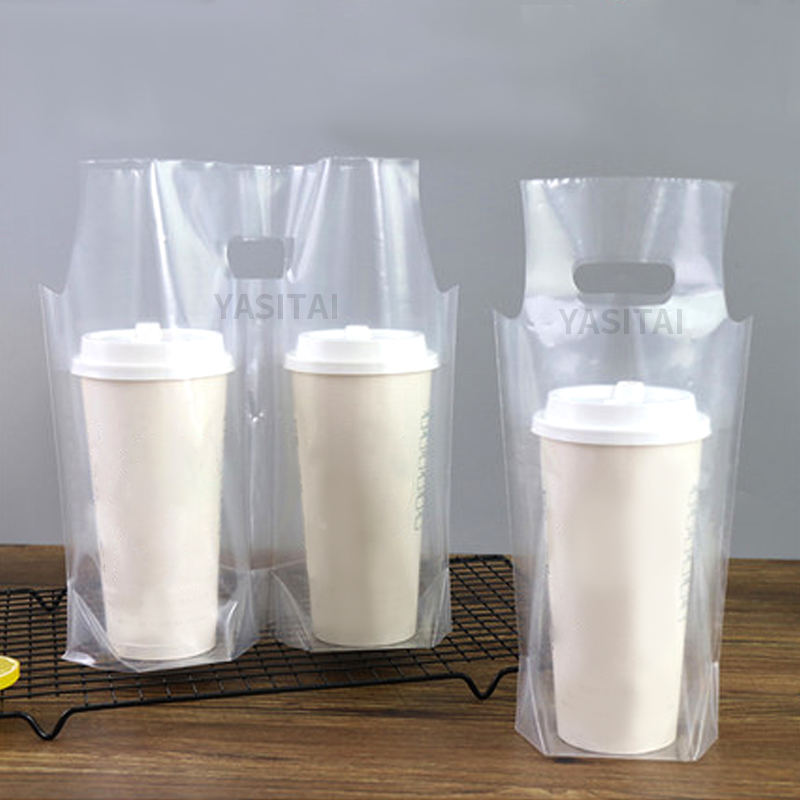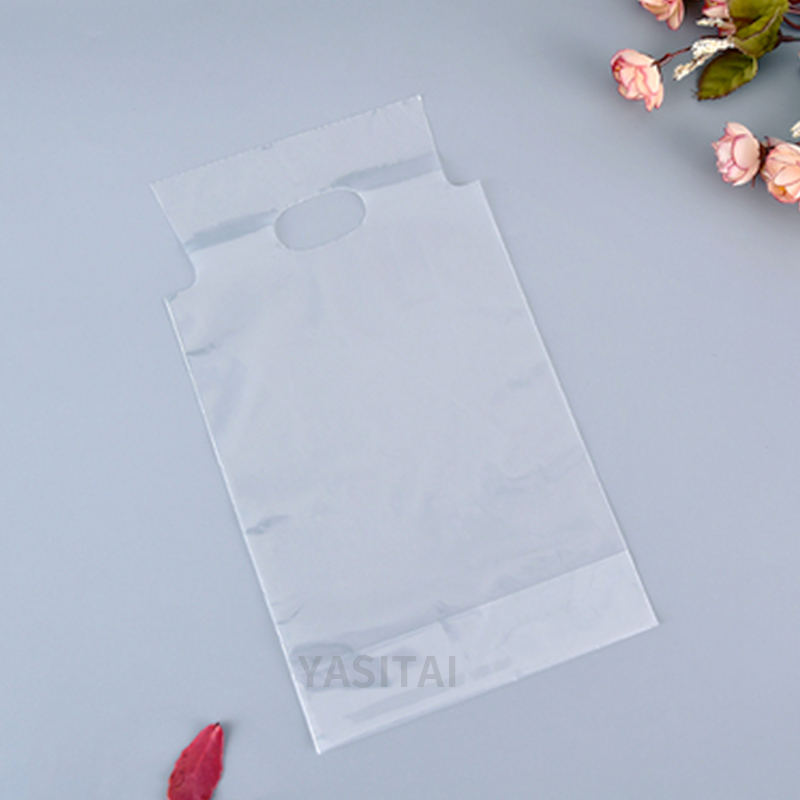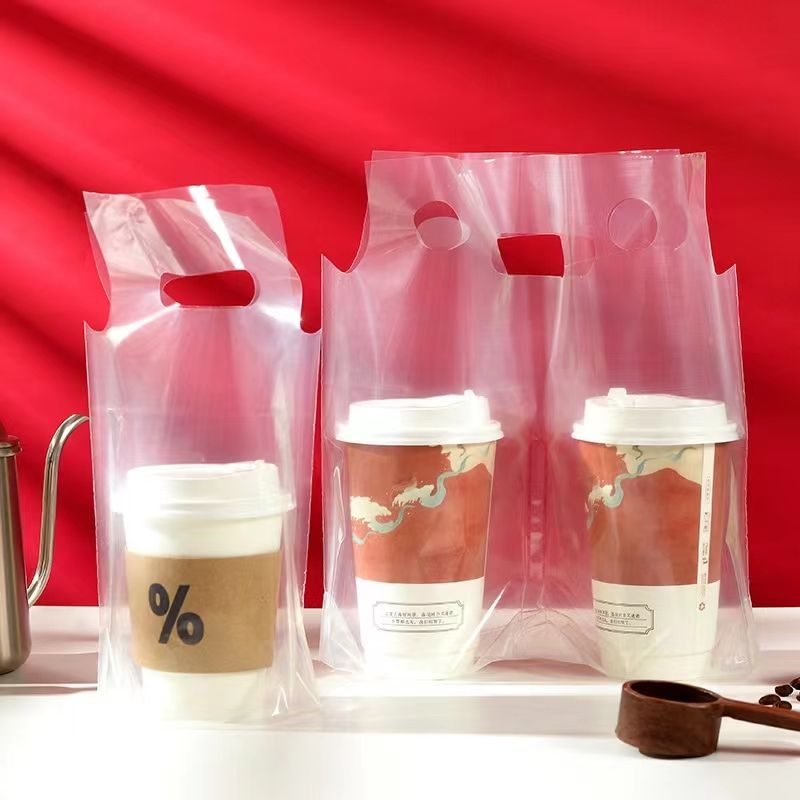Plastic bags have several advantages, including:
- Durability: Plastic bags are strong and durable, which makes them ideal for carrying heavy items. They are less likely to tear or break than paper bags.
- Water-resistant: Plastic bags are water-resistant, which makes them suitable for carrying items that may be damaged by water. They can be used to carry groceries, toiletries, and other items that need to stay dry.
- Lightweight: Plastic bags are lightweight, which makes them easy to carry and transport. They take up less space than other types of bags, which makes them ideal for storage and transportation.
- Cost-effective: Plastic bags are relatively inexpensive to produce, which makes them cost-effective for retailers and consumers. This makes them a popular choice for shopping bags and packaging.
- Reusability: Plastic bags can be reused several times before they need to be disposed of. This can help reduce waste and save money on bags.
- Hygienic: Plastic bags are hygienic and easy to clean, which makes them suitable for carrying food and other items that require a high level of cleanliness.
However, it’s important to note that plastic bags also have significant environmental drawbacks. They are a major source of plastic pollution and can take hundreds of years to decompose in the environment. This can have serious consequences for wildlife and ecosystems. Additionally, plastic bags are often not recyclable in many areas, which means they often end up in landfills or as litter. As such, it’s important to use plastic bags responsibly and consider alternative, more sustainable options whenever possible.



